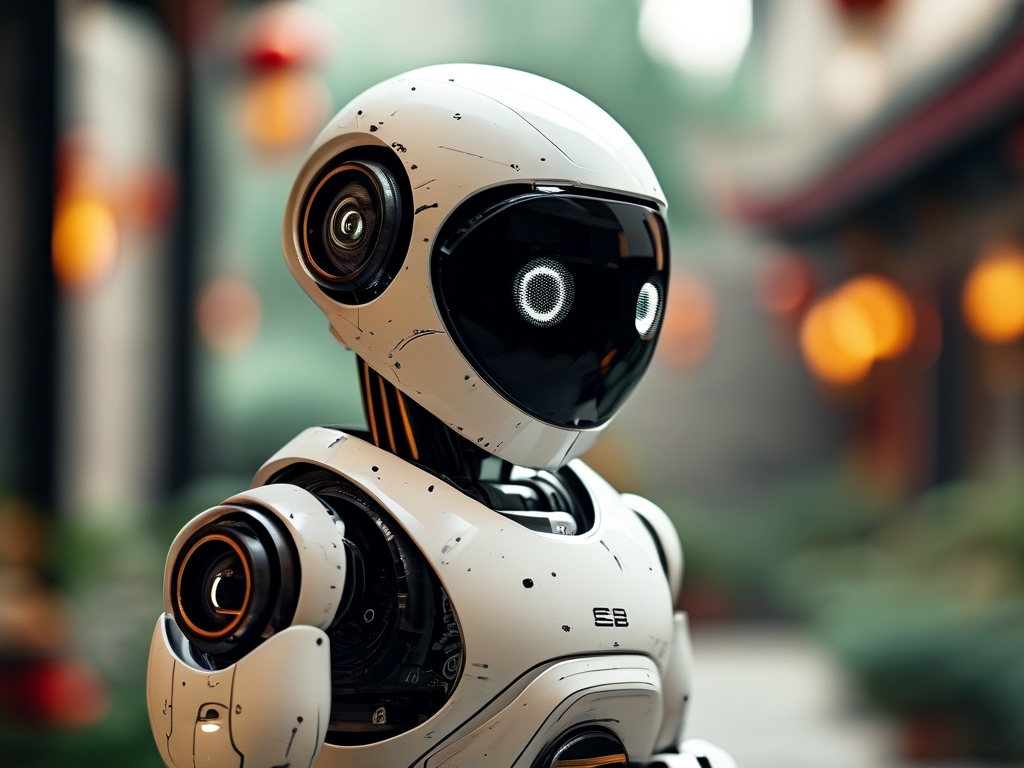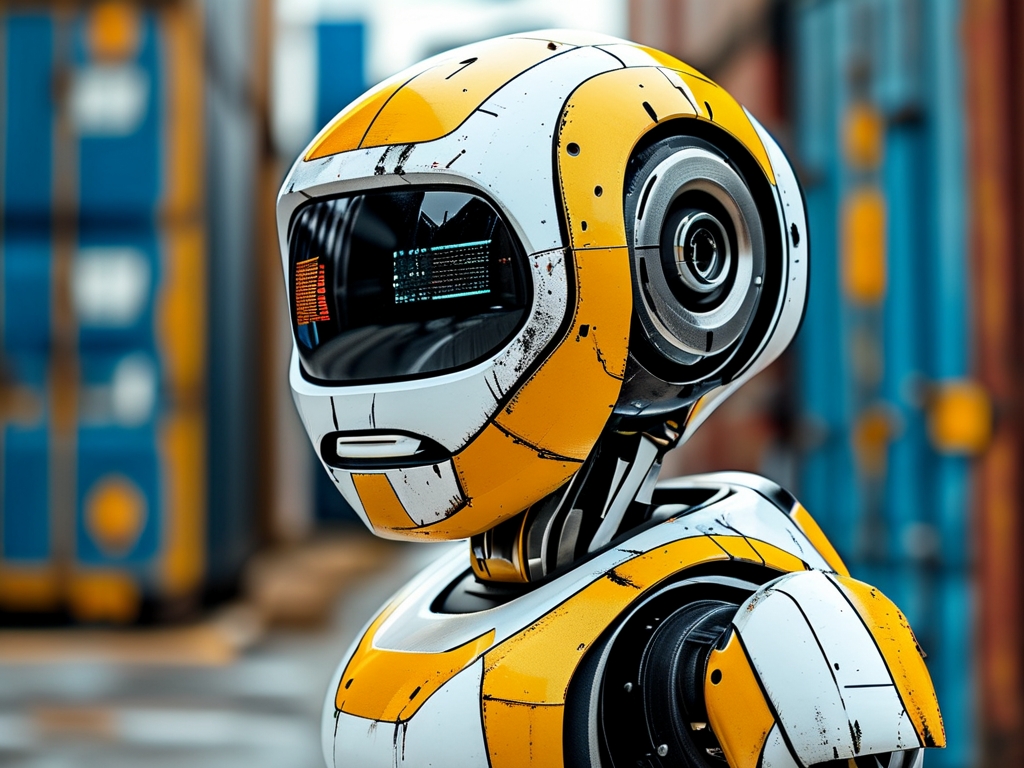Xi'an, a historical and cultural hub in China, has emerged as a vital center for technological innovation, particularly in robotics. Over the past decade, the city has cultivated a thriving ecosystem for robotics companies, driven by government support, academic partnerships, and a growing demand for automation across industries. This article ranks the top 10 robotics technology companies in Xi'an based on criteria such as technological innovation, market influence, revenue growth, and industry impact.

1. XABOT Technology Co., Ltd.
Ranked first, XABOT specializes in industrial robots and intelligent manufacturing solutions. Founded in 2012, the company has developed cutting-edge collaborative robots (cobots) used in automotive, electronics, and logistics sectors. Its flagship product, the XBot-Series, integrates AI vision systems and IoT connectivity, earning partnerships with global manufacturers like Foxconn and Siemens.
2. Siasun Robot & Automation (Xi'an Branch)
A subsidiary of Siasun, China’s largest robotics firm, the Xi'an branch focuses on service robots and medical automation. Its surgical assistance robots, deployed in over 50 hospitals nationwide, demonstrate precision and AI-driven diagnostics. The company’s R&D center in Xi'an collaborates closely with Northwestern Polytechnical University.
3. Xi'an Supmind Intelligent Technology
Supmind excels in AI-powered agricultural robots. Its autonomous drones and harvesting machines have revolutionized Shaanxi’s farming industry, improving crop yields by 30%. The company’s patented soil analysis algorithms and partnerships with local cooperatives secure its third-place ranking.
4. Yanfeng Robotics (Xi'an R&D Base)
As a global automotive supplier, Yanfeng’s Xi'an division develops robotic systems for smart car interiors. Its human-robot interaction interfaces and lightweight robotic arms are used by Tesla and BYD. The company’s annual R&D investment exceeds $20 million, fueling breakthroughs in ergonomic design.
5. Aurotek Corporation (Xi'an)
Aurotek dominates the field of educational robots. Its programmable kits for STEM education are used in 1,000+ schools across China. The company’s “Robot Academy” platform, featuring VR-based training modules, has trained over 50,000 students, earning government accolades for promoting tech literacy.
6. Xi'an Aerospace Robotics Research Institute
Backed by China’s aerospace industry, this institute designs robots for extreme environments. Its lunar rover prototypes and deep-sea exploration robots showcase unparalleled durability. Recent contracts with CNSA (China National Space Administration) highlight its strategic importance.
7. HikRobot (Xi'an Smart Logistics Division)
HikRobot, a Hangzhou-based giant, leverages its Xi'an logistics division to produce autonomous guided vehicles (AGVs). These robots optimize warehouse operations for e-commerce leaders like JD.com and Alibaba. The division’s 2022 revenue surged by 45%, reflecting booming demand for smart logistics.
8. Goertek Robotics
Goertek, known for consumer electronics, has expanded into robotics via its Xi'an lab. Its humanoid robot “Pepper 2.0,” equipped with emotion recognition, targets the hospitality sector. While still in pilot testing, the project has attracted $15 million in venture funding.
9. Xi'an Unisound AI Robotics
Unisound merges robotics with voice recognition. Its customer service robots, deployed in airports and banks, utilize natural language processing (NLP) to handle complex queries. The company’s collaboration with Huawei’s HarmonyOS ecosystem enhances its interoperability.
10. Tiansheng Intelligent Equipment
Closing the list is Tiansheng, a leader in construction robotics. Its bricklaying and 3D-printing robots have reduced project timelines by 40% in Xi'an’s infrastructure boom. Despite being a newer player, its rapid adoption in smart city projects justifies its inclusion.
Industry Trends and Challenges
Xi'an’s robotics sector benefits from strong policy incentives, including tax breaks and innovation grants. The city’s proximity to top universities—such as Xi’an Jiaotong University—ensures a steady talent pipeline. However, challenges persist, such as global supply chain disruptions and competition from Shenzhen’s tech giants.
Future Outlook
By 2030, Xi'an aims to become a global robotics hub, with plans to double industry investments to $5 billion. Emerging areas like swarm robotics and brain-computer interface (BCI) systems are expected to drive growth. Companies that prioritize sustainability and cross-industry collaboration will likely lead the next wave of innovation.
In , Xi'an’s robotics companies are not only advancing technology but also redefining industries. From agriculture to aerospace, these top 10 firms exemplify the city’s blend of tradition and futurism, positioning China as a key player in the global robotics race.



